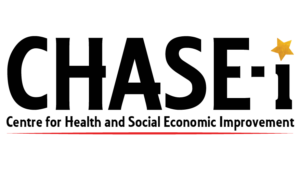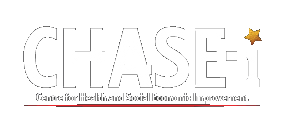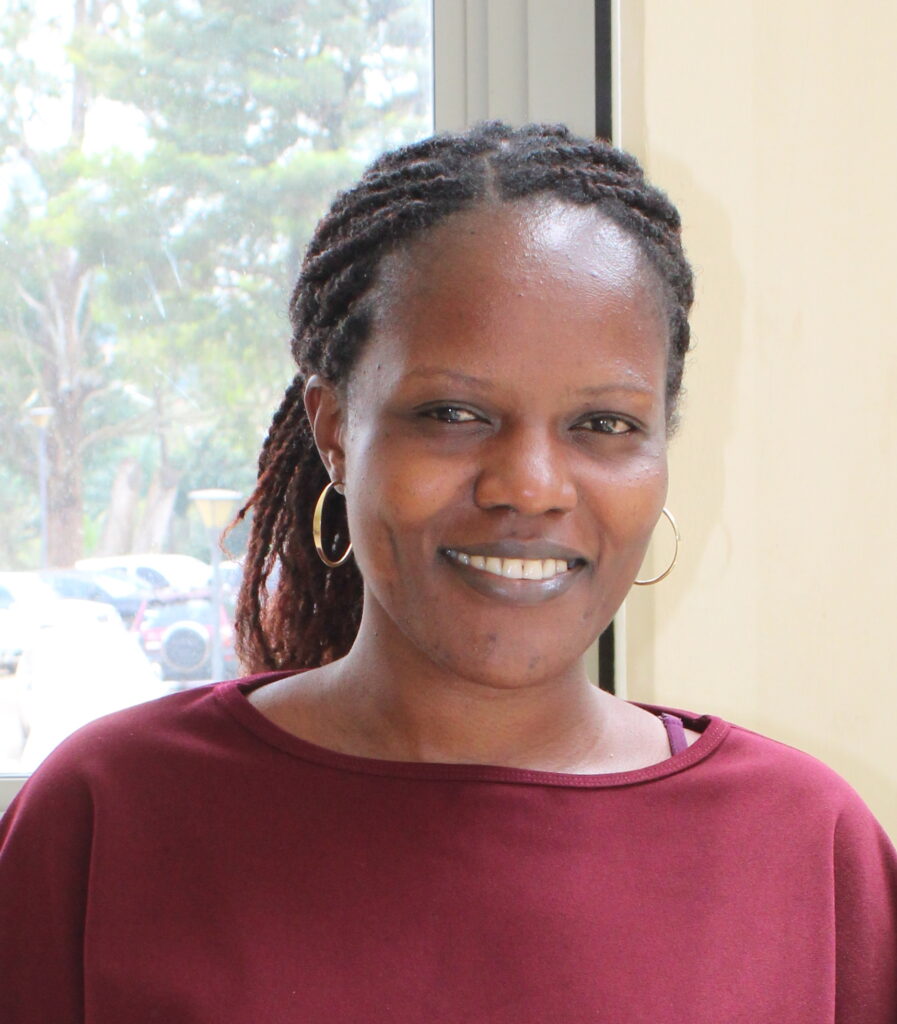A Policy Perspective on COVID-19 and the REFLECT Study.
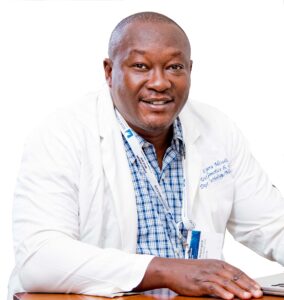
Dr Misaki Wayengera
- December 22, 2020
There was general information given out regarding the control of Covid-19 and regarding prevention of transmission. But we didn’t imagine that there were groups out there that need targeted messages. I will give you an example of workers that work in foreign countries, actually in the Middle East: there were challenges with how the Middle Eastern countries handled people who had Covid; that was largely responsible for the many deportations or the many returnees coming in from the Middle East. Once you tested positive for Covid-19 they would not take you in to their healthcare system, they would just fly out the next day, which was really unfortunate. But ofcourse time came when the airports were opened and these people were wondering “should we go back and if we go back, what happens to us?” So, we [the national response /COVID Taskforce) began thinking through some of these things later.
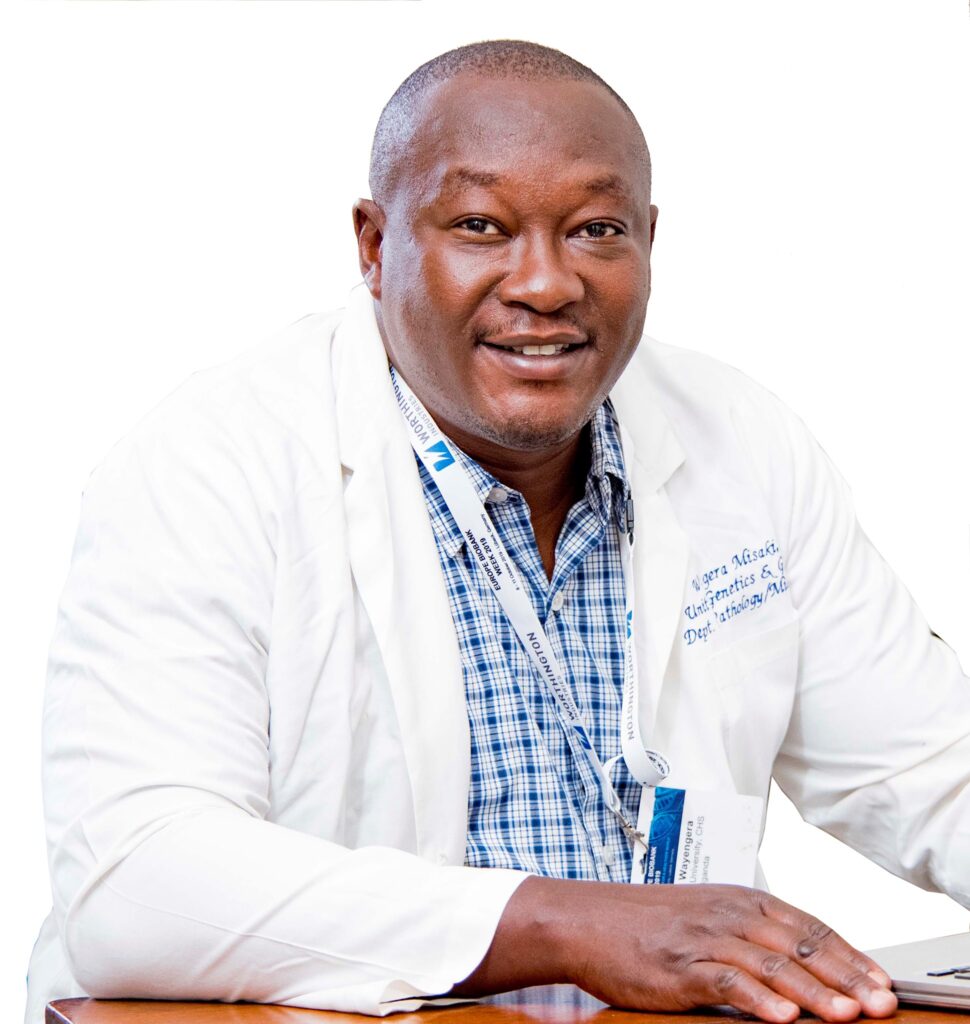
Dr Misaki Wayengera, Chair – National COVID Taskforce, Uganda
So the same thing really applies to refugees. You are talking about people who have to wear masks, have to social distance, sanitize their hands, but who is providing the masks? Who is providing the sanitizers and other things? These is where you [REFLECT Study team] have come up to bring out these issues and make sure that you contribute to positive change. I hope your report goes to the Office of the Prime Minister (OPM, the government body overseeing refugee matters) and if possible, plan to make a presentation there. But also continue engaging with the Ministry of Health to see how these findings can be integrated in the bigger picture of the Community Engagement Plan or Strategy, because some of the things we are talking about at national level you people took the initiative to go in-depth and tried to look at the situation how it is on the ground.
But this information [study findings] most likely we don’t have it. So in terms of way forward, share this report with Ministry of Health, Share with OPM and then the stakeholders involved in the entire process of sustaining these refugees. If you make a case for the stakeholders to spend money on sanitizers, on detergents, on face masks, they will do it. But you have to make a case, just like you have made a case that social distancing is a difficult thing in refugee contexts. If you can’t have social distancing then preferably provide masks, and other means of hand washing, for instance, need to be available.
That tells you also that in terms of the living conditions, for refugees in reality it’s a big thing, but that is also the problem we have seen in the Ugandan community. When we became overwhelmed [with increasing cases and constrained health systems], we told people to stay at home. We said “we will not take everybody into the hospital, people without symptoms should stay at home”. But you are telling someone to stay at home yet you don’t know their home structure, because ideally they should isolate from the rest of the family; but they can’t because these people are living in the same room or two rooms and then you tell them to self-isolate, how? That is another challenge that is clearly present with us.
The good thing is that the clinical presentation of the disease is that more than 80% of the people either remain mild or asymptomatic. So that’s what we count on and the idea was that we set off a ready and responsive referral system so that those that begin to get worse can come to hospital. But now that referral system is beginning to get challenges, because the hospitals are full. But here you are you are diagnosed with Covid, you are at home, maybe you bought a pulse oximeter somebody has told you, “if your saturation of oxygen falls below 92% you have to come to hospital”. And indeed, it happens and you go out there looking for where to be placed and you can’t find. So that’s a real challenge and that’s one of the things we are trying to tell Ugandans that maybe we need to come back to the message that the doctors in the western countries were telling the population to stay home and stay safe to protect the capacity of care.
Message to Ugandans
Like the rest of the world, Uganda is really going through a difficult time right now. Now the worst time to get COVID because the health system is overwhelmed. We are peaking and the health facilities are full, especially if you require oxygen and intensive care. We have nowhere to put people, so people need to be careful and not get infected in the first place.
Our health system was never developed for prolonged or wide scale critical care. To boost it up for care put intensive care in all the regional referral hospitals; but we only put 10 beds each hospital. And even with that limited bed capacity we don’t have enough intensivists and anesthetists at the hospitals; because those machines don’t run themselves – somebody skilled has to run them and monitor patients.
So I can say 3 things, which every Ugandan doing COVID work should promote to support our efforts:
- So at this stage people have the responsibility for their lives, in terms of protecting themselves from covid.
- But also they have the responsibility to make sure that the small and fragile capacity of the health system we have put in place is not overwhelmed. We need to make sure that the spaces that we have are not overwhelmed. Keep away from the hospital in terms of covid.
- Let’s protect the vulnerable people – the elderly and those with existing comorbidities. We shouldn’t expose them to COVID and we should support them to stay safe from the virus.
We have prospects for a vaccine but it will take time to deploy, perhaps around April or May next year. But through the private sector it may come in earlier, although this will require people to pay. Let’s be careful and focus on preventing infection, because caring for a covid patient is costly and most likely will cost people their lives.
About the Author
Dr Misaki Wayengera heads the Uganda National COVID Taskforce as Chair of the Scientific Advisory Committee (SAC). He attended the REFLECT Study dissemination event at one of the study sites where he also engaged with refugee communities, host communities, settlement and sub-national level leaders on COVID-19 in the era of Uganda’s 2020 Community Health Engagement Strategy (CES).
